Hotels in Spain are bracing for a significant shift in operations as a mandatory traveler registration system comes into effect.
This new requirement, established under Royal Decree 933/2021, is adding layers of bureaucracy to the check-in process for tourists and presenting challenges for the hospitality sector. The rule, aimed at enhancing security, requires hotels, apartments, car rental agencies, and travel companies to collect and transfer detailed personal data from guests to the Spanish Ministry of the Interior. While the intention is to improve safety, the process is raising concerns among hoteliers and travelers alike.
This rule mandates that up to 18 additional personal details be collected from each traveler during check-in, significantly expanding the information previously required. Data such as habitual residence, email addresses, phone numbers, and even the relationship between traveling companions must now be documented and submitted to the Ministry within 24 hours.
For tourists arriving after long flights or exhausting journeys, the added steps may result in longer wait times at check-in counters—something that has left many hoteliers worried about the impact on guest satisfaction.
A New Platform for Registration
The primary change under the new system lies in how guest data is recorded and transmitted. Previously, this information was sent to the National Police and Civil Guard. Now, it must be communicated to the Ministry of the Interior via a new digital platform called SES.HOSPEDAJES.
Notably, the regulations apply across Spain but include exceptions in Catalonia and the Basque Country, where data will still be submitted to local police forces, the Mossos d’Esquadra and the Ertzaintza, respectively.
The introduction of this platform has created a learning curve for many hoteliers, with reports of technical glitches during its rollout.
Which Companies Does This Affect?
The new regulation casts a wide net, impacting not only hotels, hostels, and guesthouses but also tourist apartments, rural houses, travel agencies, campsites, and tour operators. Even digital platforms that act as intermediaries are now responsible for compliance.
How This Affects Travelers
If you’re planning a trip for example to the Canary Islands, prepare for potential delays during your hotel check-in process.
While providing basic identification and contact details has been a standard requirement, the new system calls for significantly more information. This includes not only your personal details but also specifics about your companions and travel arrangements.
Hotels will be responsible for uploading this information into a government portal, a process that may slow down check-ins, particularly during the initial adjustment period.
Imagine arriving at your hotel after a long flight, only to find yourself waiting in a queue of twenty or thirty other travelers as staff complete the lengthy registration process. Many hoteliers fear this scenario, particularly given that the new requirements come with steep penalties for non-compliance, ranging from €100 to €30,000.
Challenges for the Hospitality Sector
As the new traveler registration rules take effect, cities across the Canary Islands, from Santa Cruz de Tenerife to Las Palmas de Gran Canaria, are preparing to adapt. These bustling capitals, known for their vibrant culture and scenic beauty, now face the challenge of balancing efficiency and compliance with the new regulations.
Hoteliers in the Canary Islands are voicing concerns about the additional burden this rule places on their operations. Many establishments, particularly smaller hotels and family-run businesses, operate with limited staff.
The extra workload of collecting and uploading guest data into the Ministry’s system not only adds to their administrative tasks but also risks affecting the overall guest experience.
According to Miguel Villarroya, General Manager of Spring Hotels, the rule disrupts the efficiency that modern travelers expect. “In today’s digital world, characterized by agility in service, this hinders the experience of the guest,” he explains.
Similarly, Nicolás Villalobos, General Manager of Cordial Hotels & Resorts, expressed concerns about the readiness of the government’s data platform, which has already caused issues. “The problem is that it doesn’t work; today we can’t operate with the platform no matter how hard we try,” he said just days before the rule went into effect.
These operational challenges are compounded by the need for smaller establishments to navigate complex regulations without the resources available to larger hotel chains. Many are questioning whether this added responsibility should fall on private companies, with hoteliers effectively acting as intermediaries for public security efforts.
Why Was This Rule Introduced?
The Spanish government has justified the traveler registry as a necessary measure for public safety. The system is designed to help authorities identify and locate individuals who may be involved in criminal activities.
According to the Ministry of the Interior, the voluntary system already in place has led to the identification of over 18,000 individuals wanted by law enforcement, demonstrating its effectiveness.
However, critics argue that the new rule, while well-intentioned, is disproportionate in its demands. The Spanish Confederation of Hotels and Tourist Accommodation (Cehat), led by Jorge Marichal, has announced plans to challenge the decree legally. The organization believes the regulations conflict with European directives on data protection and place an undue burden on hospitality businesses.
“Now we have to include around 40 client data points, asking for personal information about relationships, payment methods – like which account or cards are used – and this is even necessary just for making bookings,” commented Jorge Marichal.
What Travelers Should Do
For visitors to the Canary Islands, the best way to prepare for the new system is to plan ahead. Be sure to have all necessary personal details readily available, including addresses, phone numbers, and information about your travel companions. This will help streamline the check-in process and minimize delays.
It’s also worth contacting your hotel or accommodation provider before your trip to understand their specific procedures under the new rule. Larger hotel chains may have systems in place to handle the changes more efficiently, while smaller establishments might still be adapting to the new requirements.
While the new traveler registration rule is expected to create initial challenges, there is hope that both hoteliers and government agencies will find ways to improve efficiency over time. With a transition period and potential updates to the government’s data portal, the process may become less burdensome for both travelers and businesses.
For now, patience and preparation are key. If you’re planning a Canary Islands getaway, understanding these new requirements can help you avoid surprises and ensure a smoother start to your vacation. Despite the added bureaucracy, the islands’ stunning beaches, vibrant culture, and world-class hospitality remain as inviting as ever.

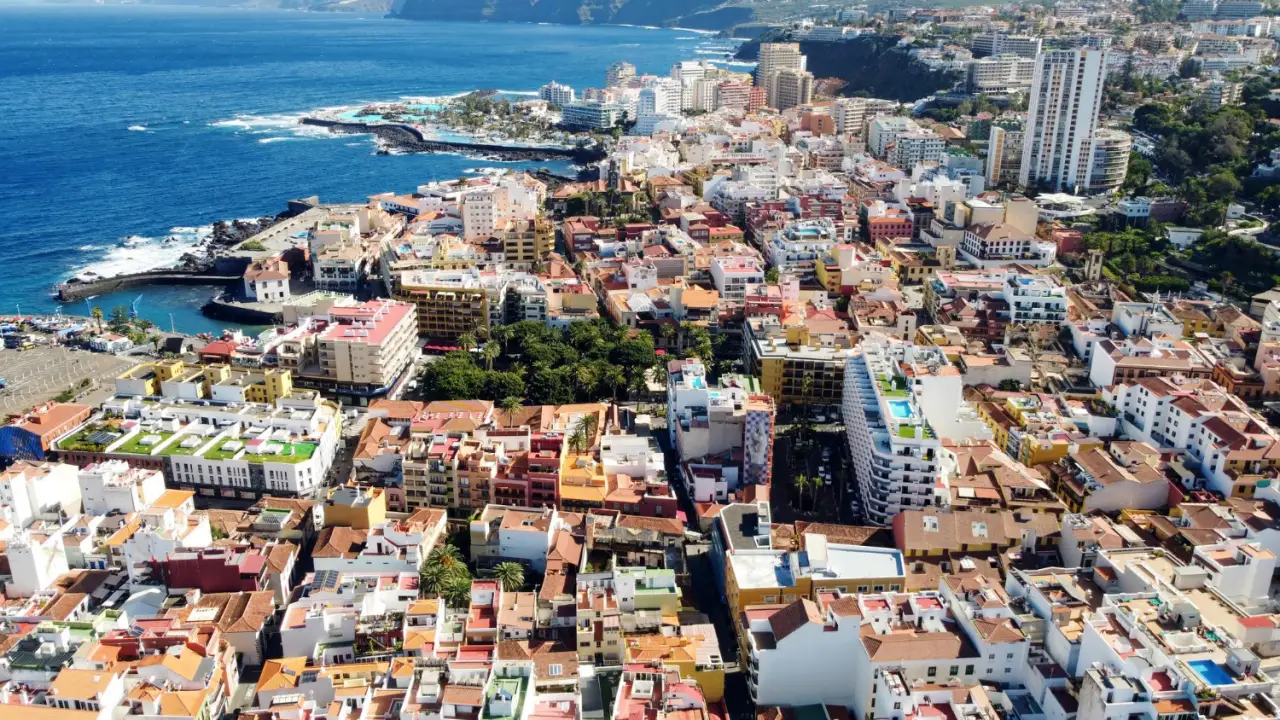



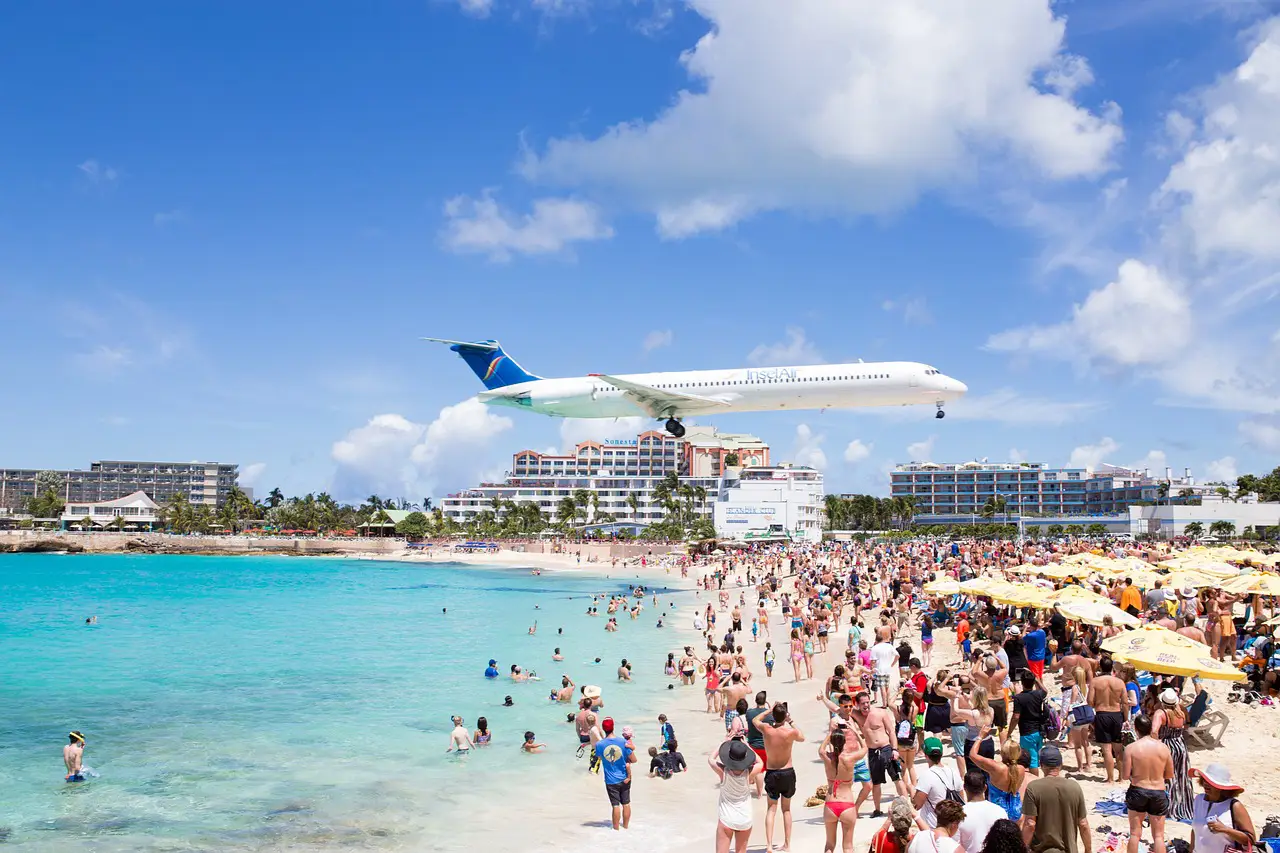




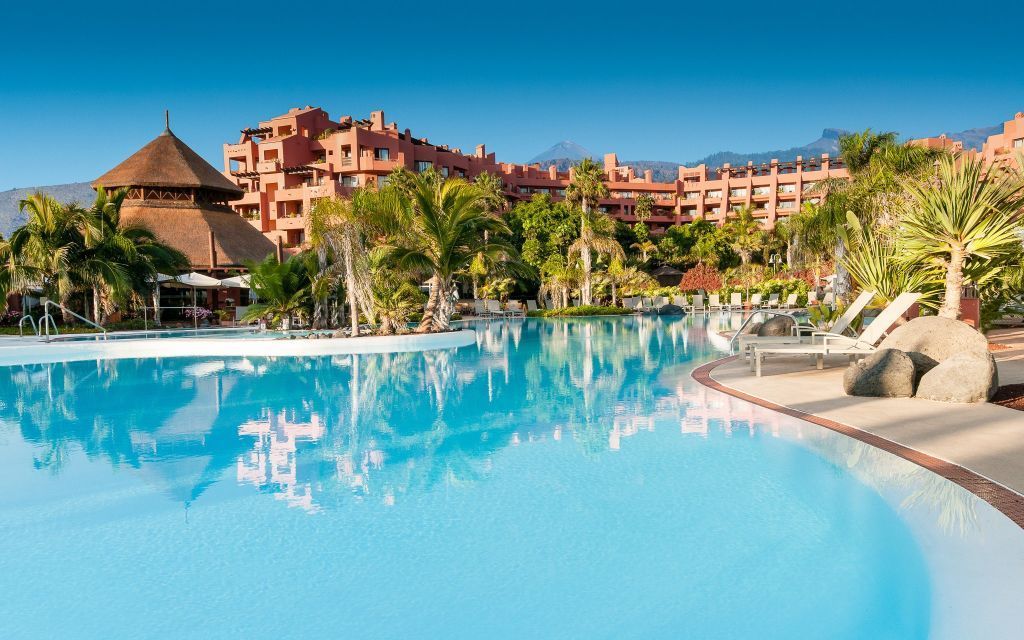
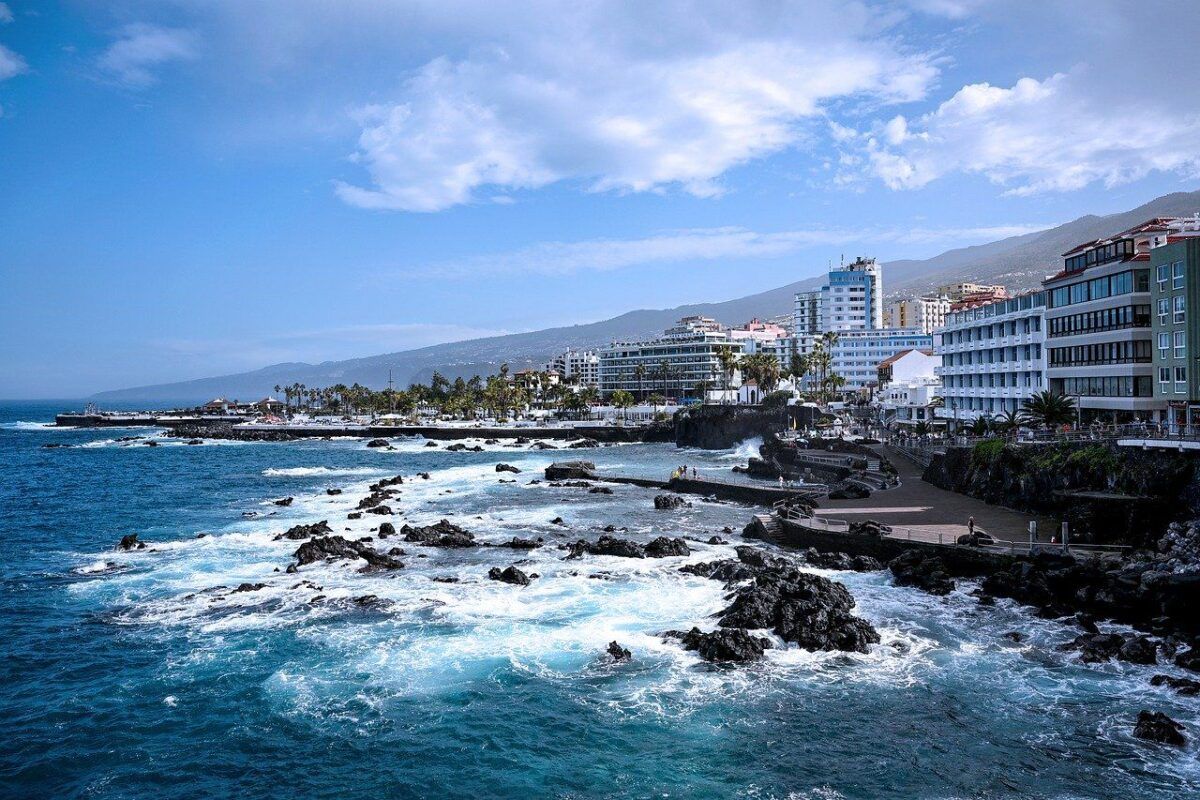

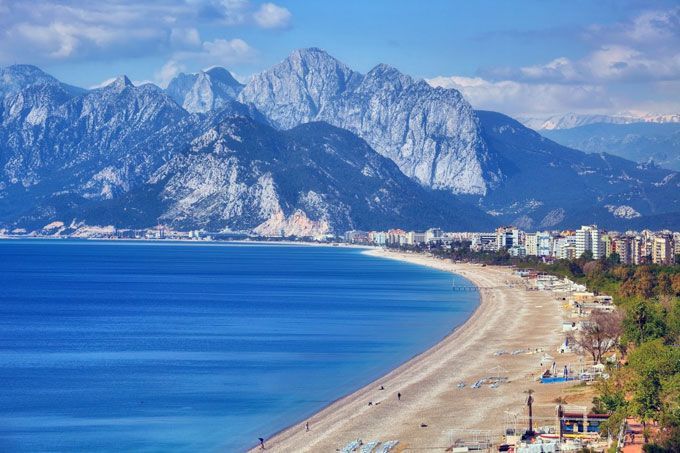
Thanks for this article. Useful.
We have just spent 1 week in Gran Canaria, staying in 3 different properties. Each one had a different requirement for the personal information to be collected, but all included a high-resolution image of the main page of our passports. As far as I could tell, none of the property agents were storing this personal information securely. Certainly, none knew anything about data protection nor even that there were any laws (GDPR) relating to this data.
My advice would be for visitors to give Spain a miss for a couple of years until they sort this mess out. Meanwhile, this must be a godsend for hackers and people smugglers.
Dr G.T.Haigh
(All my details are held in 3 insecure locations in Gran Canaria.)